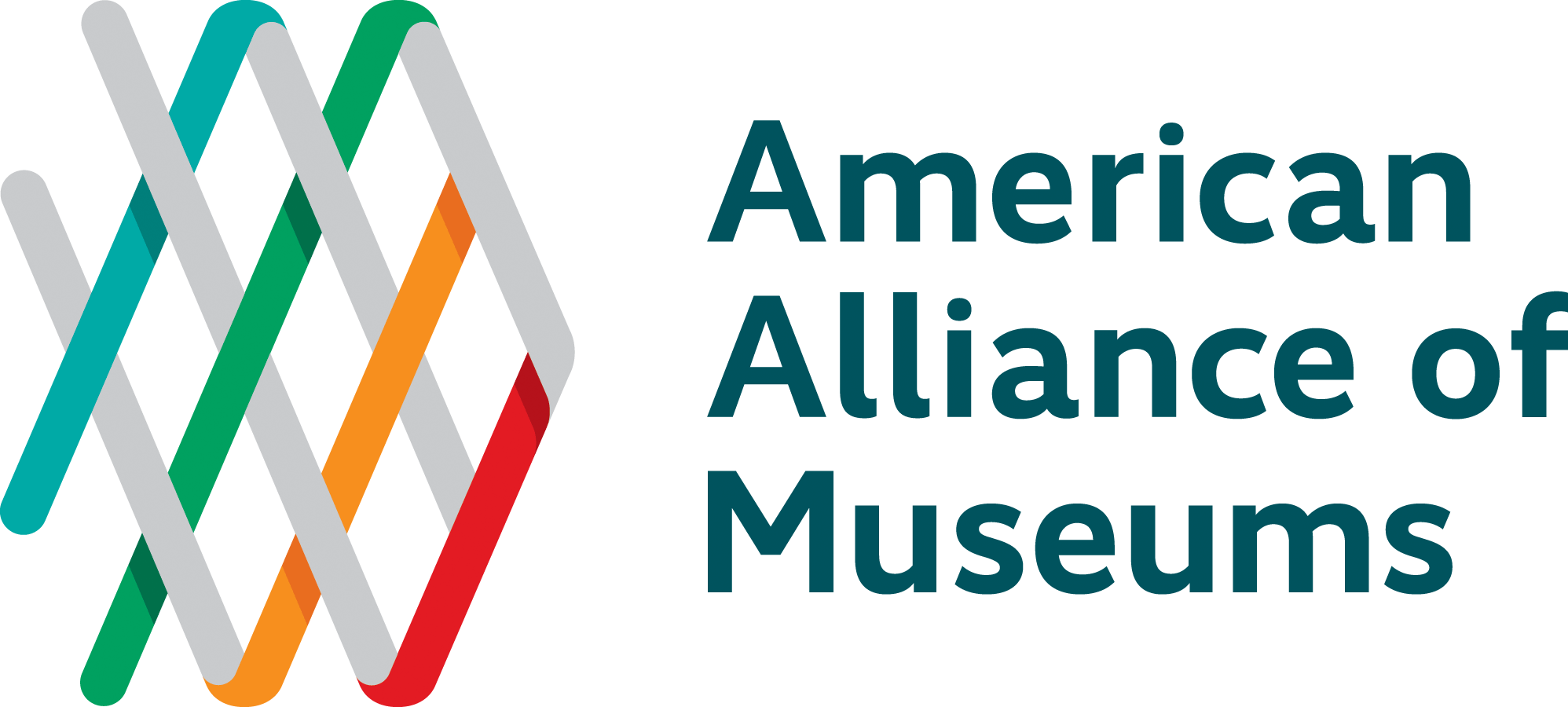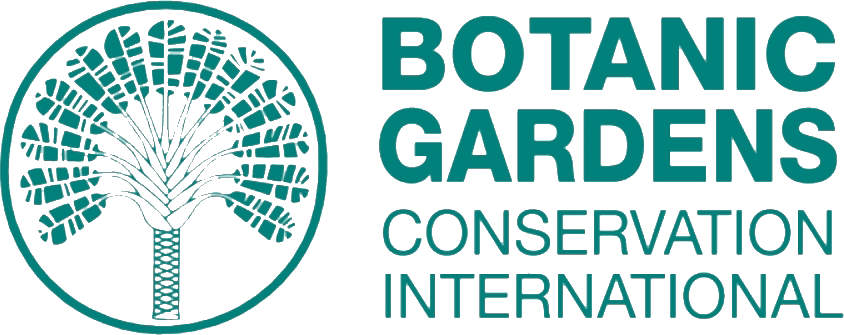Climate Toolkit Survey: The Results Are In!

Earlier this year, Phipps collaborated with students from the University of Pittsburgh’s Katz Graduate School of Business on an assessment of the Climate Toolkit and survey of current and potential participants. With your responses, we are currently developing plans to update the website and project scope. Two surveys were distributed to organizations; one for current Toolkit participants and one for organizations who have not yet enrolled in the program. We were heartened to see that every partner believes that this toolkit delivers value to their organization, and received lots of good ideas to increase that value in the months to come.
Interest in Climate Solutions
Twelve Climate Toolkit partners completed a 17 question survey on topics including motivation, value of the toolkit, improvement strategies for the project to more effectively drive the sustainability of the organizations. One common theme throughout the survey was the passion that each garden has for addressing climate change: 92% of participants believe that addressing climate change is important to the institution. Another theme shown throughout the survey was the willingness to learn and to explore new sustainable operational systems. For those who completed the survey, 92% of participants answered that they joined the Toolkit to learn more about implementing sustainable practices and to connect with other gardens.
Challenges
The Toolkit survey asked about challenges and obstacles organizations face when addressing climate change. The feedback was clear: creating solutions to complex climate issues is perceived as difficult. The survey then asked participants to identify certain difficulties when creating solutions to complex issues. 92% of participants answered that time and resource constraints are significant implementation challenges. When asked to further explain, partners disclosed that time, money, resources, pandemic, energy and staff capacity are all significant barriers. 72% of participants answered that periodic meetings of toolkit participants and webinars to discuss certain initiatives would be helpful.
Another theme shown throughout the survey was the willingness to learn and to explore new sustainable operational systems. For those who completed the survey, 92% of participants answered that they joined the Toolkit to learn more about implementing sustainable practices and to connect with other gardens.

Prospective Participants and Barriers to Entry
Eighteen organizations that are not yet involved with the toolkit completed an eighteen question survey about challenges, impressions about the website, reasons against joining, climate change, etc. The survey displays a gap between wanting to address climate change and current activities to address climate change. The first set of questions asks about how climate change is perceived throughout the organizations. 66% of non-participants answered that climate change was a priority for the organization.
Timing and cost barriers were again cited as issues. 56% of individuals decided to not join the toolkit because they did not adequately research the toolkit, and the same number believed that undertaking goals in the Toolkit was either too costly in terms of time or money. The theme that the institutions do not have enough time, money, and resources was displayed throughout the survey.
Improvements
The survey asks institutions about further improvements to the Toolkit platform such as how to improve the website, which information would be valuable to share, other additions to initiatives, and additional expectations of the joining company. This section brought forth a number of good ideas, including the addition of a monthly newsletter, new standards around water usage, and a section dedicated to advising visitors and members on how to be more sustainable at home.
Phipps is excited to have this feedback and work together with our fellow Climate Toolkit participants to maintain regular communications and improve the value of the Toolkit platform over the coming year. Working toward a shared goal, public gardens can lead the global movement to address climate change, and we are here to aid any garden with sustainable goals in mind.
If you or a garden you frequent would like to join the conversation, please download and complete our survey and return to ceo@phipps.conservatory.org.






Recent Comments